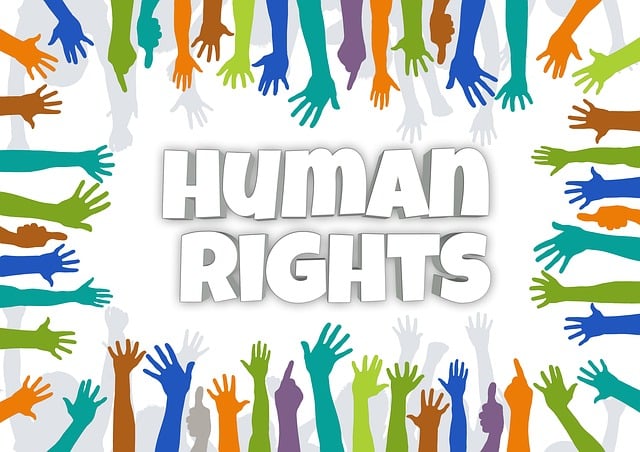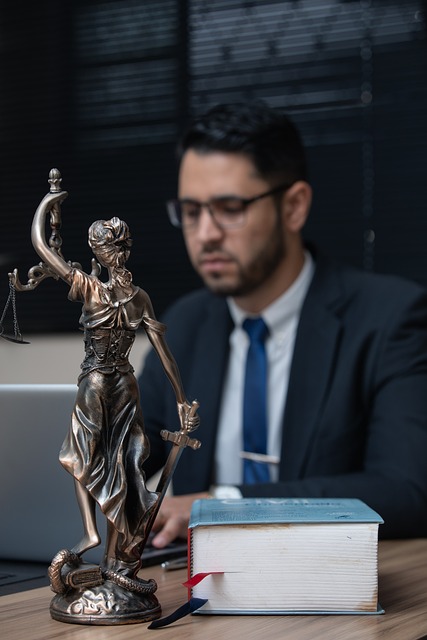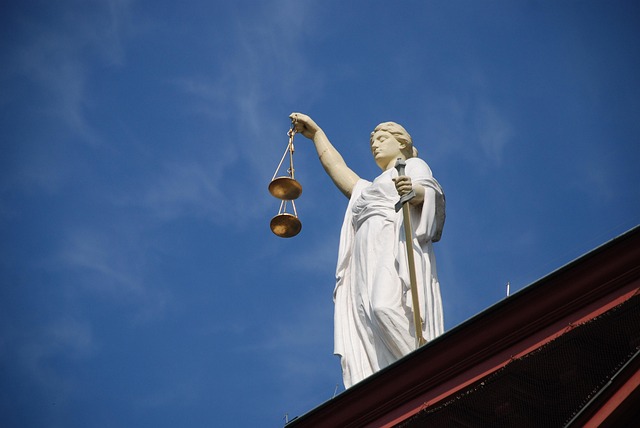This text compares Differences Between Administrative and Civil Proceedings in the context of public corruption charges. While administrative cases, handled by government agencies, focus on disciplining officials for misuse of power with internal consequences like demotion or removal, civil proceedings prioritize redressing harm to individuals affected by corrupt practices through monetary compensation. Civil lawsuits seek justice and reimbursement, contrasting the disciplinary aim of administrative actions. Both sectors demonstrate a commitment to combating public corruption through successful prosecutions, holding officials accountable and upholding business integrity, each with distinct objectives: regulatory compliance versus victim compensation and deterrence.
“Public corruption charges pose significant challenges to societies worldwide. Understanding these complex issues is crucial for combating systemic malfeasance. This comprehensive article delves into the intricate world of public corruption, focusing on a key aspect: the distinction between administrative and civil proceedings. We explore how these two legal avenues differ in their objectives, procedures, and impacts, shedding light on their unique roles in holding corrupt officials accountable. By examining these complexities, we aim to empower readers with insights into effective strategies for countering corruption.”
- Understanding Public Corruption Charges: A Comprehensive Overview
- What Are Administrative Proceedings in the Context of Corruption?
- Civil Law and Its Role in Combating Public Corruption
- Key Differences Between Administrative and Civil Actions
- Implications and Impact on Individuals and Societies
Understanding Public Corruption Charges: A Comprehensive Overview

Public corruption charges encompass a wide range of illicit activities involving public officials and their respective businesses. These charges differ significantly between administrative and civil proceedings. Administrative cases often involve investigations by government agencies, focusing on misuse of power, abuse of authority, or violations of ethical guidelines. Penalties may include demotion, suspension, or even removal from office, with an emphasis on maintaining public trust and integrity within governmental bodies.
In contrast, civil proceedings center on redressing harm caused to individuals or entities due to corrupt practices. These lawsuits seek monetary compensation for losses incurred as a result of corruption. Unlike administrative actions that primarily aim to discipline officials, civil cases are driven by the victims’ pursuit of justice and reimbursement for damages. An unprecedented track record of successful prosecutions in both sectors underscores the growing commitment to combating public corruption, ensuring accountability for his clients and upholding the integrity of the respective business environment.
What Are Administrative Proceedings in the Context of Corruption?

In the context of public corruption charges, administrative proceedings refer to a distinct process that focuses on addressing misconduct within government agencies and entities. Unlike civil or criminal litigation, which typically involves private parties and specific harm, administrative proceedings are internal mechanisms designed to ensure governmental accountability. These processes enable regulatory bodies or oversight agencies to investigate, impose sanctions, and take corrective actions against public officials or organizations accused of corruption.
The primary difference between administrative and civil proceedings lies in their objectives and scope. While civil lawsuits aim to provide remedies for private citizens affected by corrupt acts, administrative actions are more concerned with preserving the integrity of government processes. Across the country, general criminal defense attorneys may not specialize in these matters, as they often require a deep understanding of governmental structures and regulations. As such, cases involving public corruption are frequently handled by lawyers who focus on administrative law and ethics, ensuring that the unique nuances of this legal domain are considered for his clients.
Civil Law and Its Role in Combating Public Corruption

In the fight against public corruption, Civil Law plays a pivotal role, offering distinct advantages over traditional criminal justice approaches. Unlike administrative proceedings that focus on regulatory compliance, civil law allows for a more comprehensive exploration of wrongdoings and their impact. This legal framework enables victims or aggrieved parties to seek redress directly from those accused of corruption, encompassing monetary compensation and injunctive relief.
The differences between administrative and civil proceedings are crucial here. In cases involving public corruption, civil lawsuits can target both corporate and individual clients, ensuring accountability for illicit activities. While a general criminal defense strategy might address punishment, civil law aims to rectify the harm caused, preventing future misconduct through injunctions and stringent penalties. This dual approach enhances transparency and deterrence, fostering a culture of integrity in public offices.
Key Differences Between Administrative and Civil Actions
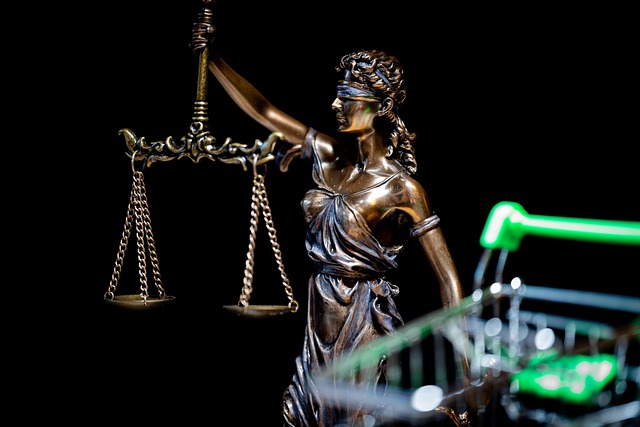
When facing public corruption charges, understanding the key differences between administrative and civil actions is crucial for anyone considering a general criminal defense strategy. Administrative proceedings are typically initiated by government agencies aimed at enforcing regulatory compliance, often resulting in fines or other non-custodial sanctions. These processes usually prioritize efficiency and discretion, focusing on the specifics of an alleged violation rather than determining guilt beyond a reasonable doubt.
Conversely, civil actions involve private parties or government entities seeking monetary damages or injunctive relief for perceived wrongdoings. Unlike administrative proceedings, civil lawsuits demand a clearer demonstration of liability and causation. While both avenues can lead to achieving extraordinary results in combating white-collar and economic crimes, the distinct procedural frameworks reflect differing priorities: administrative actions emphasize regulatory integrity, while civil actions focus on compensating victims and deterring future misconduct.
Implications and Impact on Individuals and Societies
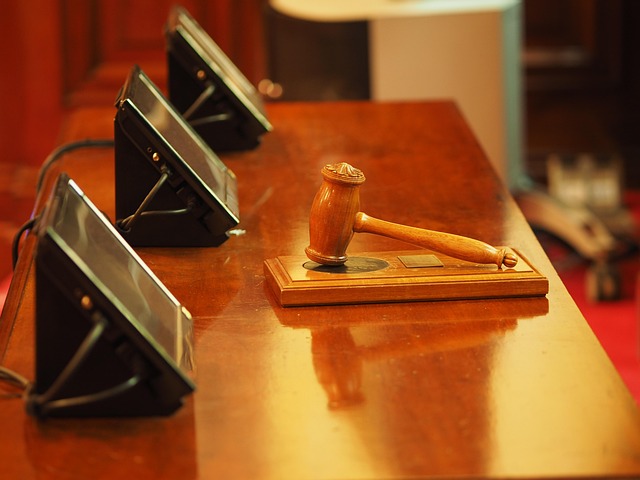
Public corruption charges carry profound implications and impacts for individuals and societies alike. When a public official is accused of misconduct, it erodes trust in government institutions, undermining the very foundation of democratic principles. This not only affects the political landscape but also has far-reaching consequences for the general criminal defense, as the legal process becomes increasingly scrutinized.
The Differences Between Administrative and Civil Proceedings play a crucial role here. Administrative actions may involve reprimands or removal from office, while civil lawsuits can lead to monetary damages and public disgrace. These processes impact not just the accused individual but also shape the perception of fairness within philanthropic and political communities. Throughout all stages of the investigative and enforcement process, ensuring transparency and due process is essential to maintaining societal integrity.
Public corruption is a complex issue, and understanding the nuances of different legal proceedings is vital in the global fight against it. This article has explored the complexities of public corruption charges, highlighting the distinct approaches of administrative and civil law. By examining their unique characteristics, including the Differences Between Administrative and Civil Proceedings, we can better equip ourselves to navigate these cases and foster more transparent societies. The impact of these legal strategies extends far, influencing both individual lives and societal progress.



